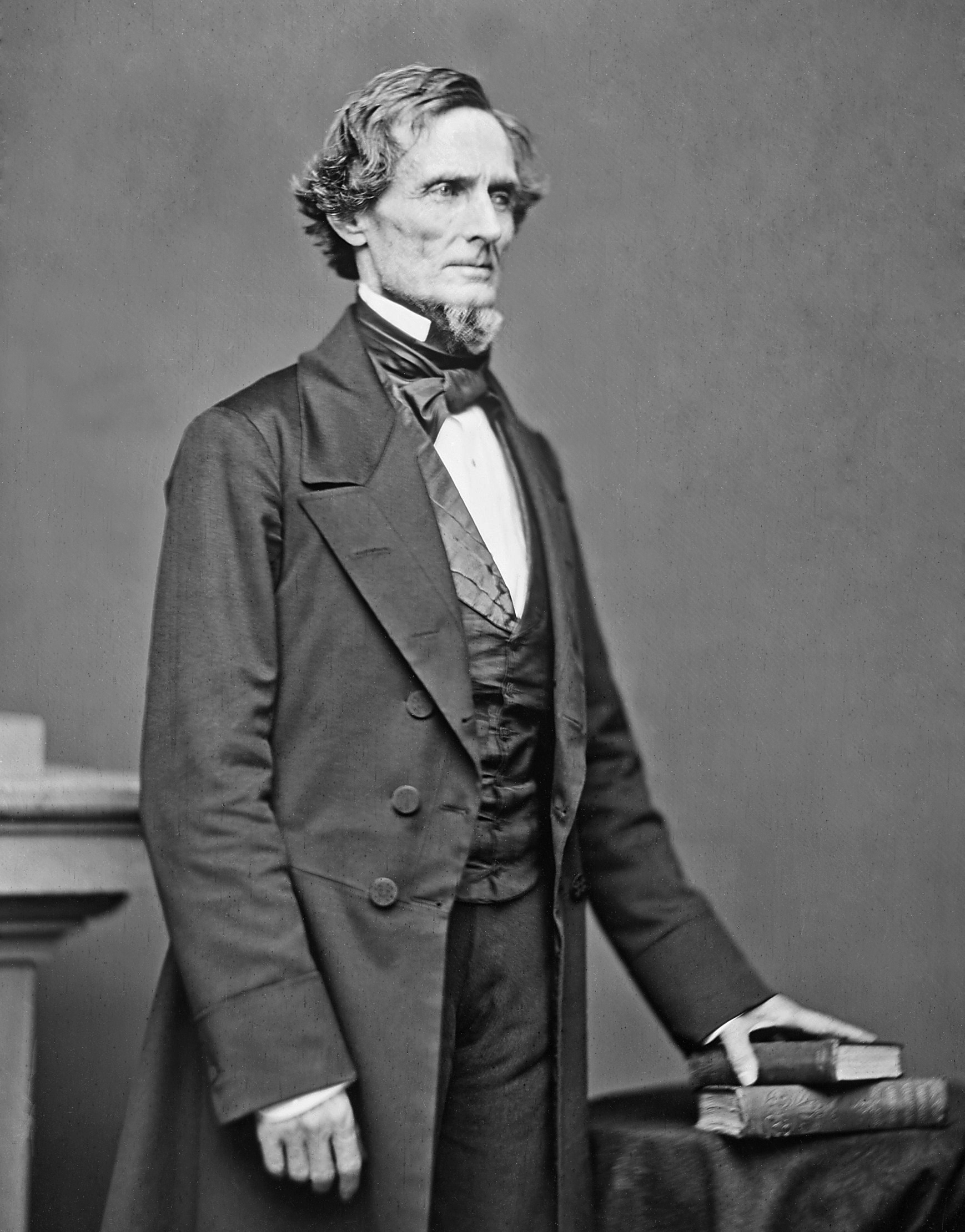"From Fascism to Libertarian Communism: Georges Valois against the Third Republic" by Allen Douglas is a book about Georges Valois (1878-1945), a French political activist with a very colorful career. Valois started out as an anarchist, turned to monarchism and fascism, only to rejoin the far left later in life. Indeed, he is one of the few people I'm familiar with who evolved from right-wing to left-wing activism at a fairly advanced age. Valois died in the Bergen-Belsen concentration camp during World War II.
As a young man, Valois saw himself as an anarchist rebel, but was soon drawn to the more constructive side of anarchist ideology in the form of Kropotkin and anarcho-syndicalism. His first political mentor was Ferdinand Pelloutier, his second (more ominously) was Georges Sorel. When breaking with leftist syndicalism, Valois would join the monarchist and proto-fascist Action francaise headed by Charles Maurras. He also became a Catholic. Sorel, too, expressed some sympathy for Maurras. During the 1920's, Valois founded an explicitly fascist party, La Faisceau, which seems to have clashed with the Action francaise even more often than it fought leftist. I mean that quite literally: both Valois and Maurras had access to impatient young men functioning as stormtroopers...
During the 1930's, Valois went back to a form of revolutionary syndicalism and libertarian communism, while maintaining an ecumenic outreach to all leftist currents except the most reformist ones. He also left the Church and seems to have become an atheist.
Douglas is clearly fascinated by Valois, but can't really explain his peculiar political gyrations. Perhaps no explanation is readily available. He describes Valois as a "utopian", constantly working on blueprints for a future society. Did he think too much? Like many other utopians, Valois had a tendency to "take an idea and run with it", in his case currency reform. He was something of a "money freak", obsessed with the gold standard, although I have to admit that I often don't understand what on earth the man was talking about! And while Douglas paints Valois as a fairly conservative family man, he did have a mercurial streak in his personality. Why would a young anarchist travel to Russia and work as a tutor in an aristocratic family? Why did he abdicate leadership responsibility in order to work at a plantation in Reunion, or in order to walk on foot from Paris to Lourdes as a Catholic pilgrimage? His whole approach to politics and coalition building was unpredictable and eclectic. He was also a litigious person, but so where his opponents. Perhaps this is typically French?
Interestingly, Valois was for the creation of Red-Brown blocs as a right-wing activist. As a leftist, by contrast, he warned against all forms of collaboration with fascism, and perceptively realized that some reformist "neosocialists" (such as Henri de Man) could end up becoming fascists - which they indeed did. Valois thus wasn't a "Red-Brown leftist". He really did change almost his entire worldview when returning to the left. As a monarchist reactionary, he had opposed the French revolution, while extolling the virtues of hierarchy, war and tradition. And yes, he was anti-Semitic. His philosophy had been a pessimistic one. Humans are by nature lazy, and all progress is therefore the result of stern leadership (including the whip) over the mediocre masses. As a leftist, by contrast, Valois was optimistic, dreaming of progress and a coming space age. He opposed war, militarism and hierarchy in favor of a society based on mutual aid.
Yet, there was *some* kind of continuity even in the mind of this strange Frenchman! One was the fixation with monetary reform. After abandoning the pro-gold "deflationist" position when he turned left, he actually went back to a gold bug position while still a leftist. Another constant was an orientation to winning the working class, something Valois never seem to have accomplished in any of his political incarnations. Still another common theme is the idea that the state shouldn't direct the economy. During his right-wing period, he certainly saw the state as necessary, but economic life should be in the hands of "corporations" (in the corporativist sense). As a libertarian communist, he would rather dispense with the state altogether in favor of syndicates (labor unions), cooperatives, etc. By contrast, state planning was "plutocratic" and opened the door to fascism (and Stalinism). It's also interesting to note that Valois used biological metaphors both during his far right and far left phases. As a leftist, he argued that the human body functions "democratically" due to energetic factors.
Final point about my copy of this book. It's apparently a print on demand edition, and it seems the printer made a weird mistake. Under the same cover, there are two books, the other one being "The Problem of Increasing Human Energy" by none other than Nikola Tesla! I'm sure Georges Valois would have approved of the sentiment...




.jpg)
